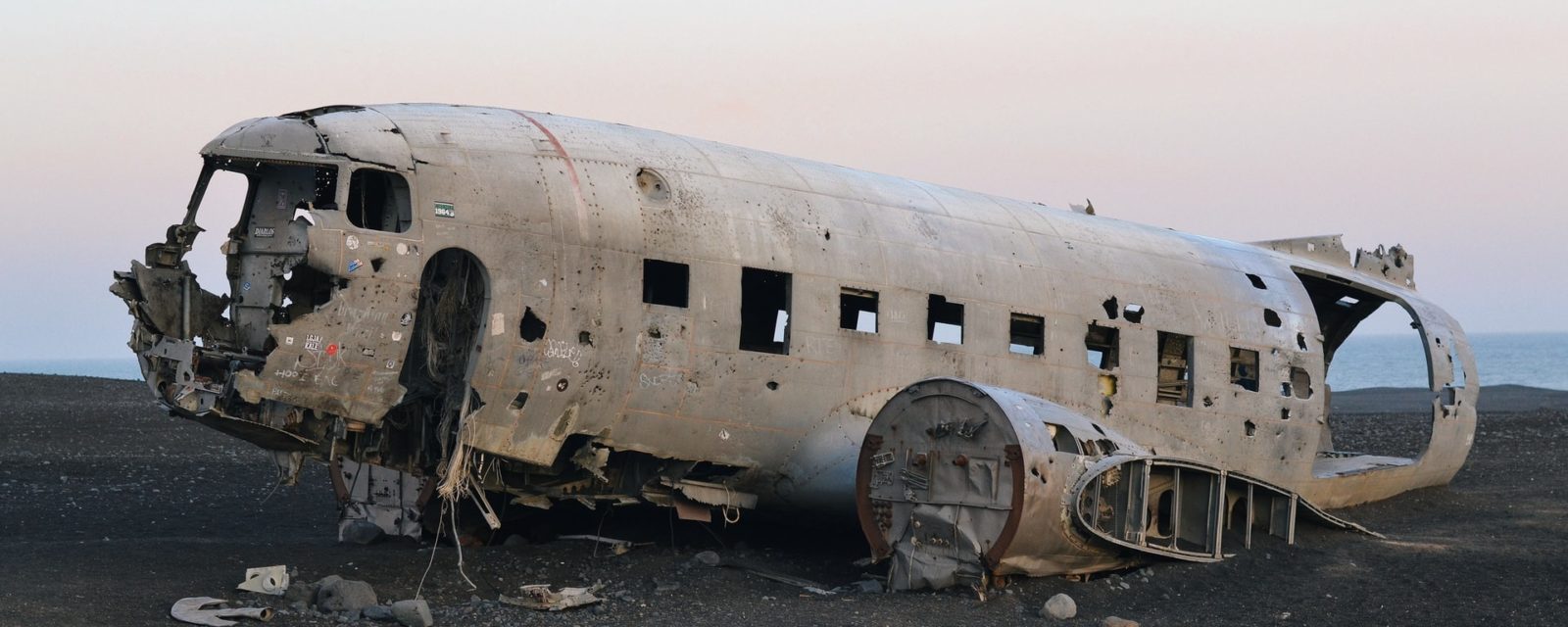
YES or NO? Decide quickly and in time!
November 26th, 2024 • Zdena Macháčková
Reflex Capital → Blog → Why startups fail
Every day, hundreds, if not thousands of startups, are founded. Most of them won’t make it into a real company. Often not because there was not a good idea at the beginning or the customers did not want to buy the product or service. The reasons are often quite prosaic.

For example:
Money runs out. Financing has to be arranged soon enough. It’s too late to start when you have no money for next month pay-cheques. Even banks would rather lend money to those who don’t need them and have enough of their own cash.
Squabbling among founders. Nothing kills a company more surely than conflict between the owners. Sometimes they don’t agree on strategy, but often the reasons are “simple” human emotions and egos. If the company has multiple founders, they split their shares in a certain way at the beginning. Sometimes based on their skills, sometimes based on how much money they put in. Nobody cares that much, because the company has zero value and zero is easy to divide. 70% of zero is the same as 30% of zero. But when the value of the company goes up and the one who has 30% works from dawn till dusk and generates most of the revenue and the other, with 70%, spends most of their time in conferences and golfing, it all breaks down.
Company can’t handle scaling. For someone, who has not gone thru the process, it’s difficult to understand how hard is to convert a startup into a real company. How to go from a group of enthusiasts who work for the joy of it and keep everything informal, to a company with processes, where people manage other people, friends turn into managers and subordinates and where you start hiring people who come just for the job.
And quite often, the company fails because the founder, drunk on initial success, loses their humility. They start spending company money on cars, personal assistants and tailored suits. They start giving interviews and stop listening to their customers.
There’s a lot to be said. Building a company is hard.
November 26th, 2024 • Zdena Macháčková
April 29th, 2024 • Ondřej Fryc
I’m not gonna pretend anything, I was trapped too. It felt good to have our company and myself in the media! It boosted my ego, which grew. There are some people who don’t have that, but I see it in most founders around the age of 30 and let’s be honest – everyone is a bit of a narcissist.
April 20th, 2024 • Eduard Míka
It is said that creativity, innovation and entrepreneurship are the engines of economic development and the future prosperity of any country depends on them. In all neighboring countries, this seems to be the case, but not here.
April 10th, 2024 • Eduard Míka
Every investment transaction is essentially a bet on the person of the founder and their vision. There is usually nothing else in a startup.